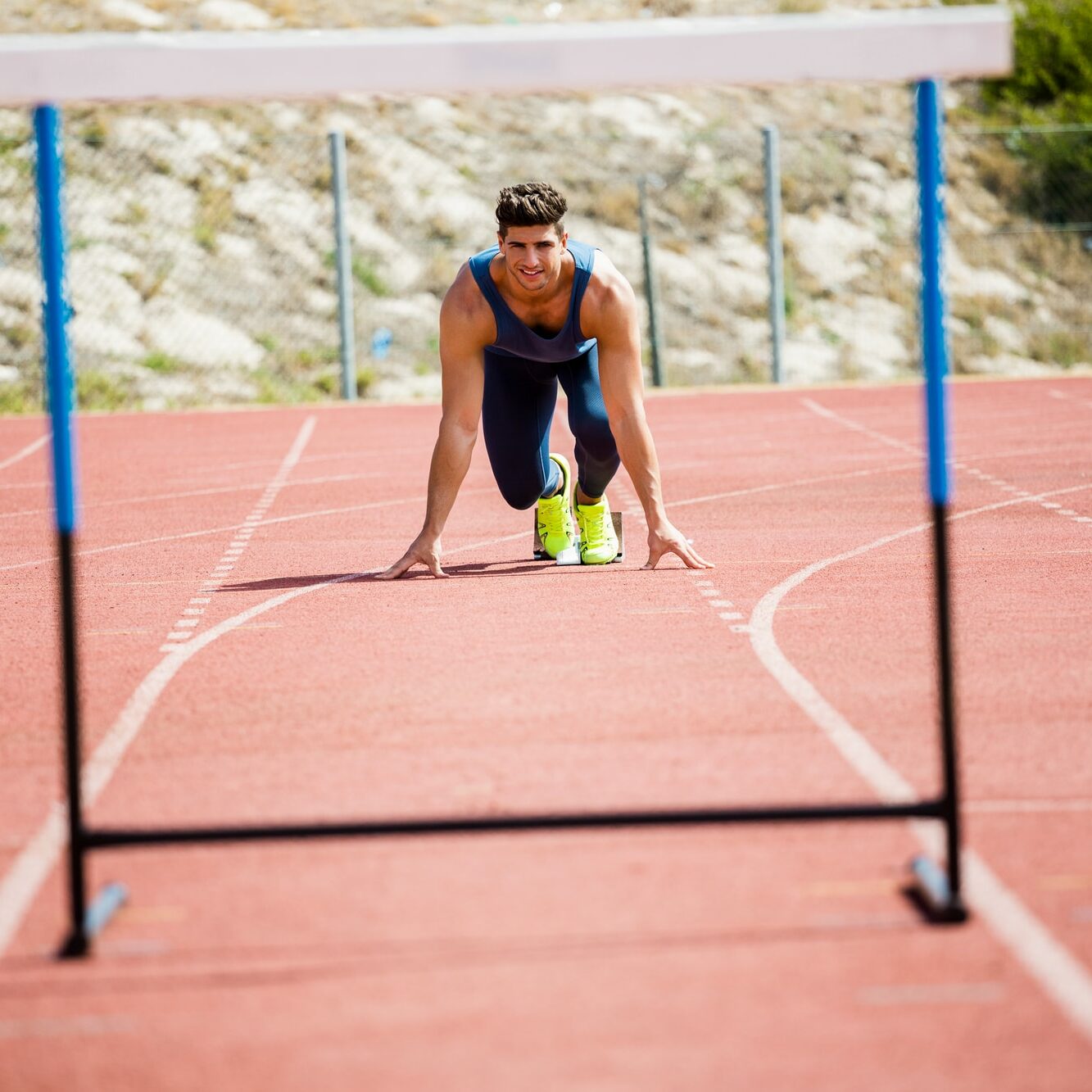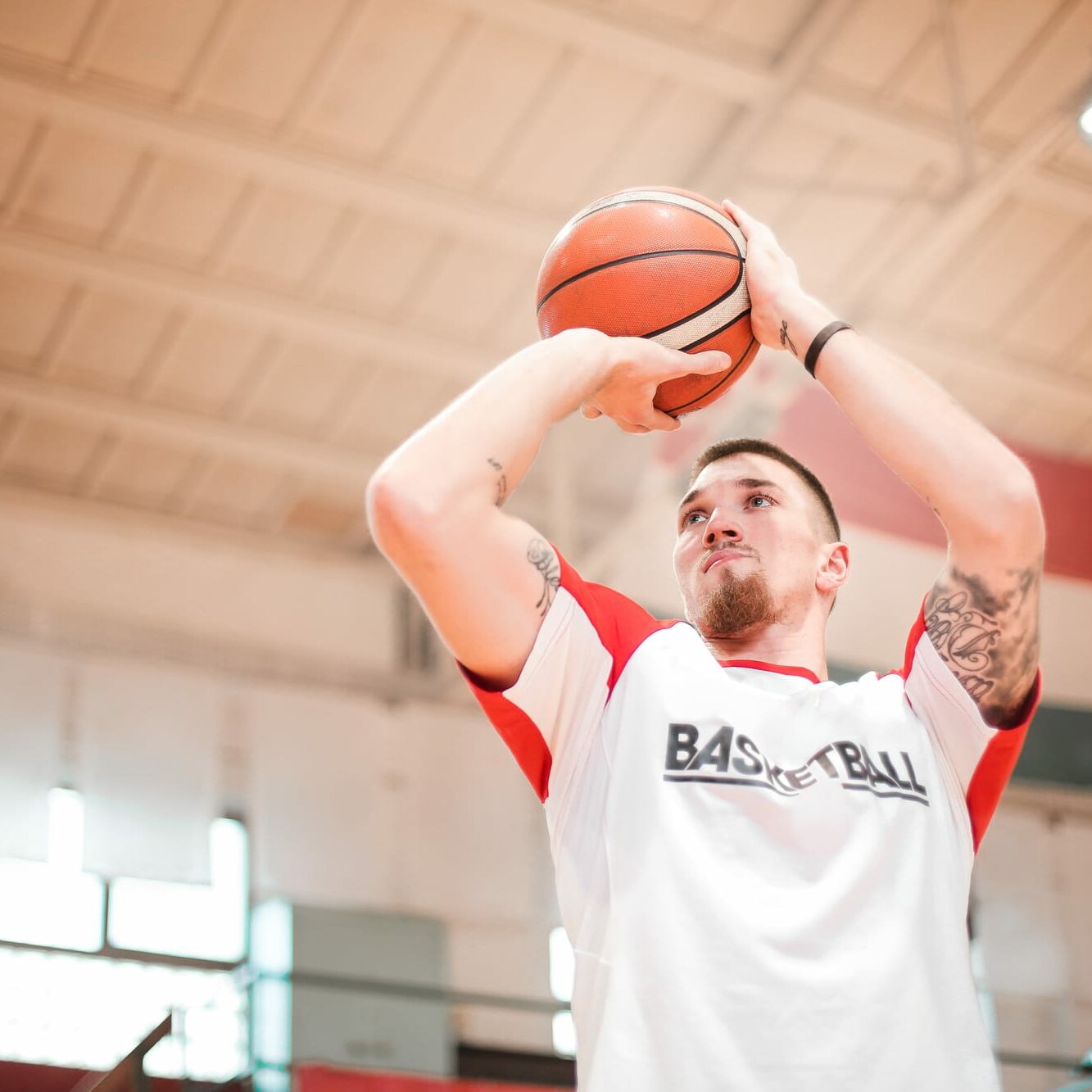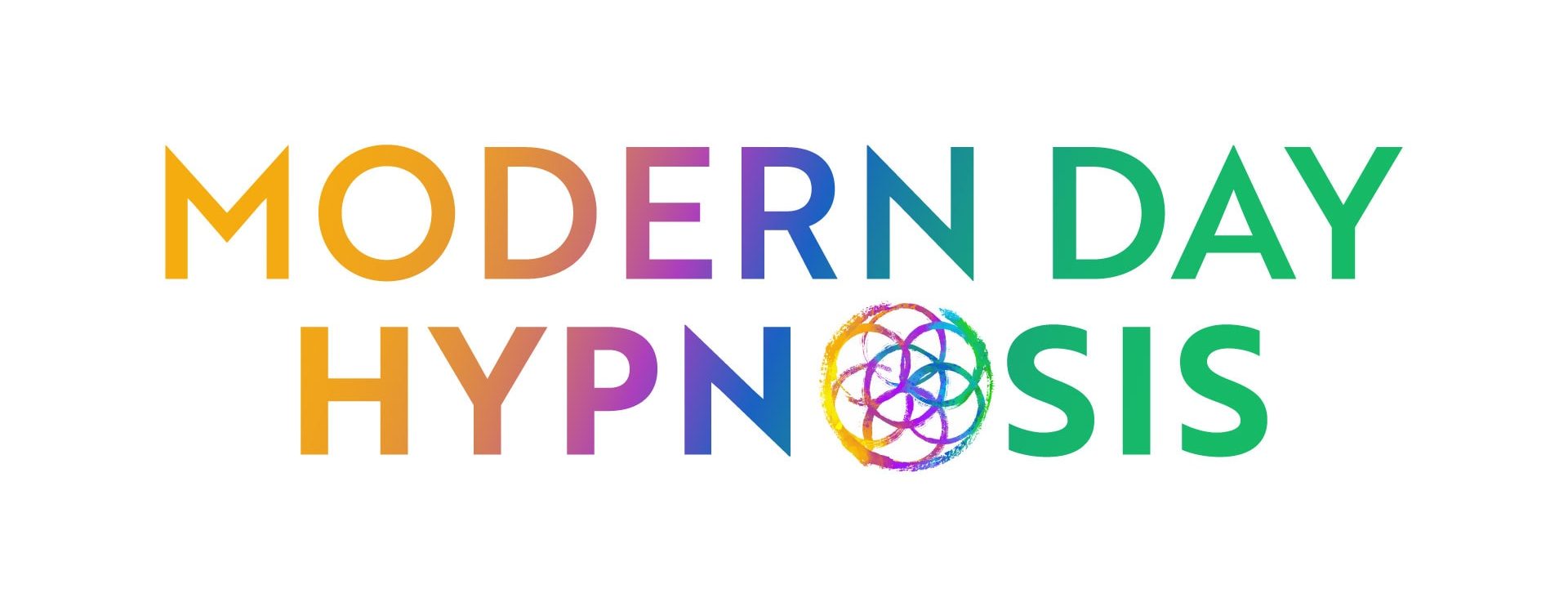Leverage Hypnosis to Crush Your Sports Performance Goals

Do you find yourself feeling anxious before a game? Are you so wrapped up in anxious thoughts that you find it hard to focus on the task at hand? Hypnosis for sports performance can help athletes alleviate performance anxiety, reach new goals, and overcome debilitating psychological obstacles. Plenty of athletes find hypnosis to be effective in helping to address negative patterns that get in the way of a successful outcome.
Professional athletes such as Mike Tyson and Michael Jordan have incorporated hypnosis into their training and pre-game routines to enhance their focus and mental stamina. Hypnosis is also becoming more popular among Olympic athletes in order to train their focus, and even heal from injuries. Olympic skier Emily Cook learned self-hypnosis to help her recover from broken bones in her feet, an injury that had the potential to end her career.
Hypnosis
Have You Tried It Yet? It Really Works!
Why Use Hypnosis to Improve Sports Performance?
Hypnosis is an incredibly powerful tool backed by hundreds of years of research and case studies. It can be applied in a wide variety of applications, and is especially effective in helping athletes to achieve their goals. Many people involved in fitness competitions, sports teams, and generally staying active turn to hypnotherapy in order to:
- Alleviate performance anxiety
- Reduce stress before, during, and after a game
- Improve concentration
- Reduce recovery time
- Build and reinforce confidence
- Better understand their strengths and weaknesses
- Explore their own potential
- Get better sleep
Of course, this is just a sample of reasons to use hypnosis. Many athletes choose hypnotherapy as a means for improving their form and technique. After all, all forms of physical activity require a strong mind-body connection in order to be mastered. Hypnosis helps to strengthen that connection and hone our athletic skills and abilities.
Using hypnosis and self-hypnosis, you’ll learn how to better deal with the stress that comes with playing sports and working out. Beyond that, hypnosis helps with feeling good on a day-to-day basis, not just on the field. A regular hypnosis practice will get you more comfortable with trusting your instincts and making your next move with confidence.
How Does Hypnosis Help Athletes?
Your own subconscious mind is your most effective tool for change. For the most part, this is a part of the brain that we have minimal access to. In our society, we’ve gotten so used to using the thinking mind that we’ve lost our natural ability to tap into the conscious mind. Hypnosis allows the user to bypass this limitation in order to communicate with the subconscious mind. From there, various methods such as imagery and breathwork are used in order to embody the desired goal. It is in creating the hypnosis suggestion and then using methods like visualizing or breathing techniques that the subconscious creates the new brain ‘rule’.
Hypnosis is a unique form of treatment in that it can be tailored to the needs of the user. During hypnosis and self-hypnosis, a variation of tone, volume and inflection can be used in order to achieve certain outcomes. For example, if the athlete wishes to remain calm during a game, they might choose to use a soft, whispering voice during self-hypnosis. In a sense, hypnosis allows the user to guide themselves towards the desired result.
Self-directed neuroplasticity, or the brain’s ability to change itself through thought, plays a major role in hypnosis. The process of changing your own brain can be challenging, and often there are obstacles that come up along the way. Hypnosis offers a pathway to using self-directed neuroplasticity in a way that works and is tailored to your own needs. Using hypnosis, you’ll find that your goals are more achievable than you’d previously thought!

Hypnosis Services
$250 up to 90 minutes
Hypnosis Session
- Each private session includes a customized strategy to produce the most decided outcome.
Self Applied Transformation
Hypnosis Training
- For anyone interested in taking hypnosis into their own hands, applying the techniques that accomplish lasting behavioral change, the Series One training is a life-time access and comprehensive compilation of materials. For anyone who has completed Series One and would like to be eligible to be certified, Series Two is available.
Highly Specialized Experience
Point of Progression
- We’ll organize 3 virtual sessions with true masters of craft from all over the world, then conclude your transformation with 2 sessions of INTENSIVE QUANTUM HYPNOSIS. A premium investment in yourself.
Hypnosis for Sports Performance Anxiety
Anxiety can be excruciatingly debilitating when it comes to playing sports. Athletes such as Simone Biles and Naomi Osaka have experienced hiccups in their career after anxiety-related episodes. NBA player Kevin Love became an outspoken advocate for mental health after suffering with anxiety for 29 years. Many people who play sports, professionals included, report fears and anxieties such as:
- Underperforming
- Freezing up
- Not being able to remember a play, sign or signal
- Making a mistake
- Disappointing teammates, coaches, or fans
- Enochlophobia (Fear of crowds)
Hypnosis can help to alleviate the pressure and high-energy atmosphere of playing sports. There is no type of anxiety, sports-related or not, that hypnosis cannot help to treat the issues relating to. There are also no side effects associated with hypnotherapy, and it can be administered alongside medication, therapy, etc. In fact, hypnosis works quite well when used in tandem with other treatment methods.
Using hypnosis, you’ll learn how to overcome mental roadblocks and obstacles. You’ll get in touch with the power and potential that lies within your own mind. Finally get relief from sports-related anxiety and approach your games with a clearer, more focused mind.
Self-Hypnosis for Sports Performance
Professional and casual sports players alike have a lot to benefit from learning self-hypnosis. Self-hypnosis is the process of applying hypnosis on oneself, and is an incredibly empowering tool used for change. In self-hypnosis, the user self-applies hypnosis techniques such as imagery, breathwork, trance talk, etc. You’ll use a blend of these techniques in order to develop a hypnosis practice that is tailored to your specific needs.
For a further understanding of self-hypnosis, enroll in Self-Applied Hypnosis Techniques on our website. Self-Applied Hypnosis Techniques is a 5 part series that contains all of the information necessary to become your own hypnotist! You’ll learn everything from the origins of hypnosis to the techniques you can use in your own practice. Explore information-rich materials such as lesson audios, trance-talk videos, guided imagery audios, hypnosis scripts, demo videos, quizzes, experiential sessions, and more!
Eliminate Sports Anxiety with Hypnosis
Hypnotherapy is an effective, natural option for athletes who are looking to improve their performance on and off the field. Using hypnosis, you’ll surprise yourself with your own potential for growth, on and off the field. Whether you choose to self-hypnotize or visit an experienced hypnotist, you’ll build the mental strength necessary to push through your anxiety, fear and other obstacles. For more information on how to get started using hypnosis and self-hypnosis, check out Self-Applied Hypnosis Techniques, or book an appointment with us today!
FAQs
Sometimes clients will feel an instantaneous improvement, while others report a more gradual transition. Keep in mind that every session will make an effect, but there is no need for ongoing treatment as hypnosis is not a long-term therapy. For sports, you may consider using hypnosis as a part of mental-coaching yet the results with hypnosis will last and so your goals can continue to elevate along-side any aspirations.
Yes! The goal of the practitioner is for the client to feel safe and secure throughout the session. At no point in your session will you ‘lose control’ of your mind -. In fact, hypnotism is entirely a self-controlled experience and cannot harm you.
Absolutely! Technically speaking, all hypnosis is self-guided since any change that happens in the brain, body or mind is allowed through the client’s participation. Self-Applied hypnosis helps to change not only habits, but your overall sense of self i.e. self-care and self-confidence. If you are interested in using Self-Applied hypnosis techniques, access the material and take control of your own mind!
Absolutely, hypnosis can be applied in combination with other treatment methods such as medication, exercise, therapy, etc.
There is no need to prepare for the session. Your presence and willingness to participate and follow instructions is enough! The idea here is to allow the practitioner to gently guide you through the session, in other words, there is no additional work needed on your end until after your session, when you might be given optional exercises to complete on your own.If self-applying hypnosis preparation can be as simple as simple and instantaneous or as intricate as is your preference.
For the best results, you might choose to define measurable goals, avoiding the use of terms like ‘good’ or ‘better’. For example, ‘I want to improve my running speed by 12% for my next meet’.
Yes, hypnotherapy for sports can be performed over the phone or on a video call. It’s just as effective virtually as it is in person. Plus, you get to dial in from anywhere and enjoy the comfort of your own space!
Hypnosis has the ability to make beneficial, permanent changes to your subconscious, your brain, your story. Many outcomes are possible and there are thousands of supporting case studies proving the permanent success and effectiveness of hypnosis; the individual is the deciding factor.
Hypnosis can treat anxiety caused by all types of sports - golf, basketball, triathlons, the list goes on and on! If you happen to become injured while playing sports, hypnosis can help you with the recovery process as well. You’ll find that you have more confidence around your performance, no matter what kind of sport you might be playing.
There are no side effects from hypnotherapy. Directly after your session you might feel tingles throughout the body and perhaps some light-headedness that usually goes away after a few minutes. On the contrary, most people report feeling lighter and more serene for the first couple of days after their session.
Anyone who is willing can participate in hypnosis. There is no such thing as a person who cannot be hypnotized. Hypnosis is an ancient technique that transcends the client’s level of intelligence, financial standing, lifestyle, etc. If a person can understand language, they can be hypnotized…we’re all already hypnotizing ourselves.
No, you do not have to be in any certain state in your session. Your practitioner will determine which styles of hypnotism to apply. These may be conversational, waking states or deep states of relaxation. There are no rules for your state of mind during hypnosis.
Yes you can drive directly after your session. You may feel more relaxed afterwards but you might also feel more energized and focused.
It is best to have a sense of privacy, even from family members. But if you feel absolutely dependent and can only be comfortable with an additional guest, this may be allowed by your hypnotist.
